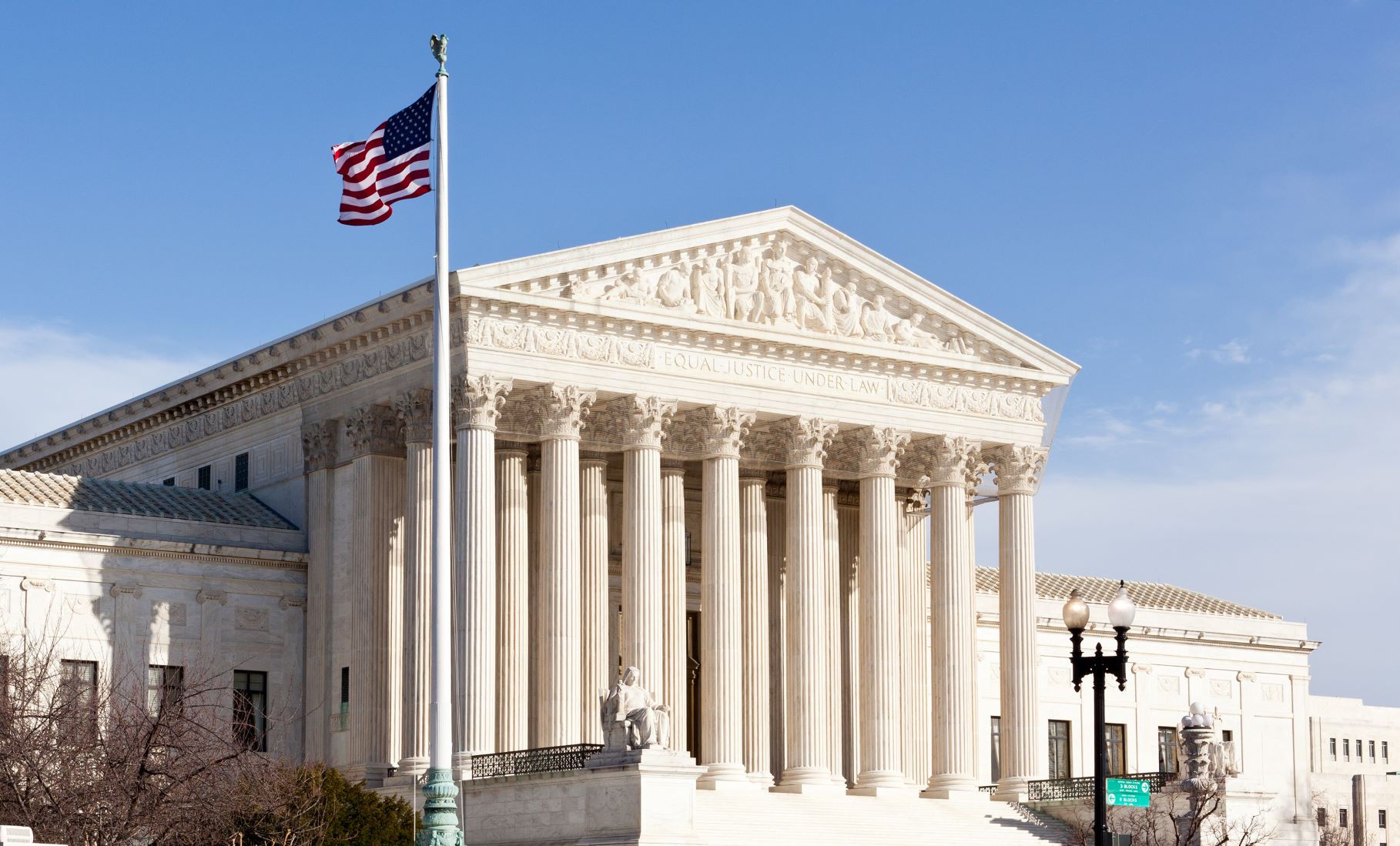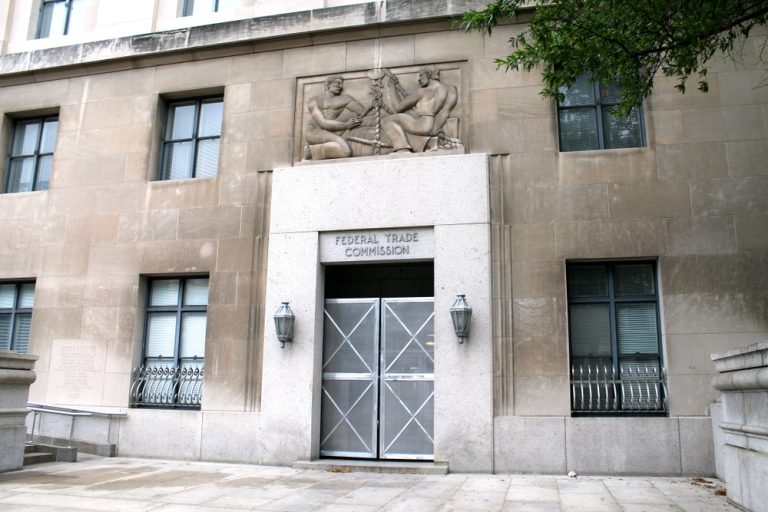Supreme Court’s Hazy Junk Faxes Case Is Sure to Affect Compliance
Supreme Court’s Hazy Junk Faxes Case Is Sure to Affect Compliance
RumbergerKirk partner Samantha Duke says businesses that rely on automated communication tools will need to reevaluate compliance strategies regardless of the Supreme Court’s decision in McLaughlin v. McKesson.
Companies that rely on digital marketing are awaiting a pivotal decision from the US Supreme Court on how federal courts should treat a Federal Communications Commission interpretation of a law against junk faxes.
Justices heard spirited oral arguments on the matter in January, pressing lawyers on how much deference the Hobbs Act requires federal district courts to give the FCC’s interpretation of the Telephone Consumer Protection Act.
The FCC contends that online fax services—allowing users to access “faxes” by logging into a server or by receiving a PDF attachment of a fax as an email—fall outside the scope of the TCPA’s statutory prohibition. But federal circuit courts have split on whether the FCC’s interpretative orders are binding on the district courts, leading the justices to take up McLaughlin Chiropractic Associates v. McKesson Corp.
The petitioner argued that the Hobbs Act usurps a court’s judicial authority to interpret the law because it restricts the ability of a party to argue against incorrect agency interpretation. In opposition, the respondent argued that deference to agency interpretation has resulted in consistency and the Hobbs Act doesn’t, in fact, prevent judicial review—it only determines the forum for such review as the appellate courts.
A ruling for the petitioner would allow district courts to interpret the TCPA independently, which could lead to myriad rulings and litigation around the country. A ruling for the respondent would require district courts to defer to FCC rulings.
Clouding the case is Loper Bright Enterprises v. Raimondo, where the justices overturned the long-standing Chevron doctrine under which courts largely had to defer to an agency’s interpretation of an ambiguous statute. In the McLaughlin case, the justices could take the same approach to FCC deference under the Hobbs Act and find that matters of statutory construction are appropriately handled by federal court judges.
No justice or attorney mentioned Loper Bright during oral arguments, according to the official transcript. But some justices zeroed in on language in the Hobbs Act that says federal appeals courts have “exclusive jurisdiction to enjoin, set aside, suspend (in whole or in part), or to determine the validity of” all final orders of the FCC and a host of other agencies.
In contrast, several justices raised due process concerns to deference under the Hobbs Act, suggesting a potential rejection of the Hobbs Act and further undermining deference to agencies as with the Loper Bright decision.
The justices’ questions and comments didn’t indicate a majority leaning one way or another.
Since its inception, the TCPA has been the subject of numerous, albeit inconsistent, FCC orders attempting to clarify or expand its reach. Some FCC rulings have even contradicted its earlier positions—specifically as it relates to fax-based regulations—and its interpretations have shifted with changes in presidential administrations. For businesses trying to stay compliant, “agency deference” hasn’t always meant consistency and certainty. Instead, it has resulted in costly compliance efforts being upended by shifting regulatory views.
One result of a ruling in favor of the petitioner—turning to the act’s plain language and the canons of judicial interpretation as opposed to agency interpretation—may offer a more stable foundation, less susceptible to political tides.
Still, even with its inconsistencies, the FCC’s guidance has provided a single, nationwide standard—something that could be lost if courts no longer defer to the agency’s interpretations. Without that uniformity, we could see diverging legal standards from one jurisdiction to another, depending on where the recipient of a call, text, or fax is located.
Whichever direction courts take, increased litigation under the TCPA seems likely as judges work to apply an outdated law to today’s rapidly evolving communication technologies.
Companies that use digital marketing, especially fax-based marketing as employed by health-care and communications firms, should review compliance measures for FCC regulations that may apply to their activities.
Even if agency deference is no longer required, such interpretations likely will be persuasive moving forward. And companies’ legal departments may want to prepare for a McLaughlin victory that would reshape compliance strategies for businesses relying on automated communication tools.
This article was reproduced with permission from Bloomberg Law. Published April 25, 2025. Copyright 2025 The Bureau of National Affairs, Inc. 800-372- 1033. For further use, please visit http://www.bna.com/copyright-permission-request/









